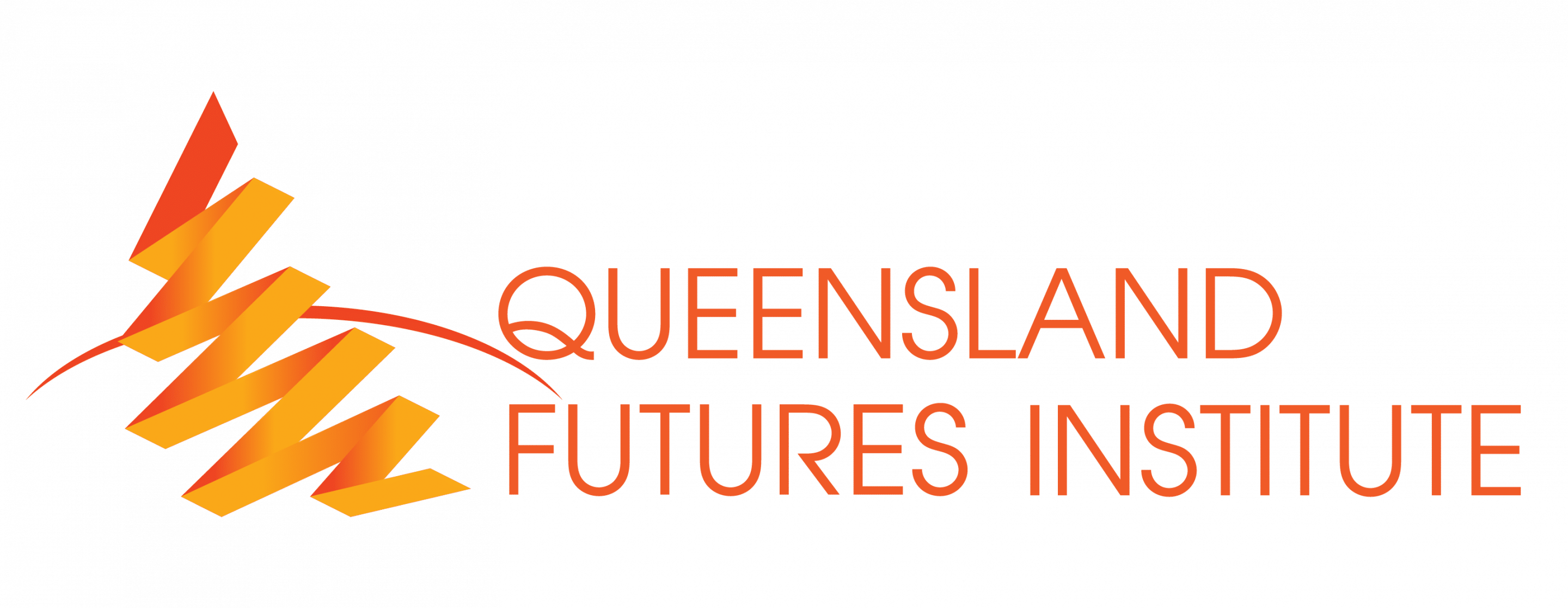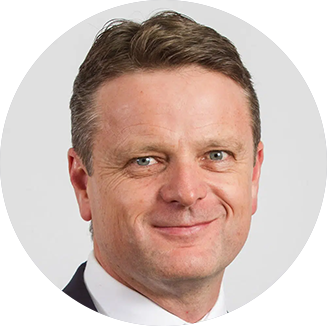Queensland, as with the rest of Australia, needs to transition to low carbon energy as quickly and reliably as we can.
And the State’s renewable targets – 50% by 2030 out to 80% by 2035 – present opportunities to use every tool in the kit to power our economic and social outcomes.
Queensland’s commitment to numerous large-scale wind, solar and hydro energy projects is exciting, but we can do more with renewable gases as another alternative fuel source; and focus more on reliable, cost effective and sustainable off-grid energy for remote customers.
Proudly headquartered in Brisbane, EDL is ideally positioned to make a significant contribution.
Over the last 35 years we have become a leading global producer of sustainable distributed energy, including from renewable natural gas (RNG or biomethane) and microgrid power generation.
RNG is a zero-emissions renewable gas produced from the organic component of waste and agricultural feedstocks such as sugar cane leftovers. Its versatility means it can be used as an industrial feedstock, for heating, to generate cleaner electricity, and low carbon transport biofuels (such as Sustainable Aviation Fuel or SAF). RNG is also a ready-to-go product that can accelerate our drive towards net zero while hydrogen produced via electrolysis is on a multi-year journey towards commercialisation.
Queensland has the feedstock resources to produce up to 84 Petajoules (PJ) of RNG a year, around 30% of the State’s gas demand. But to do so the industry needs a more supportive regulatory framework. It is no coincidence that where there are successful RNG industries, there are supportive policy mechanisms in place, such as in the United States, Canada, United Kingdom and Europe.
Developing our RNG industry would also support efforts to increase the fraction of renewable fuels used in microgrids that power our most remote customers, by displacing natural gas with biogas, and diesel with renewable fuels.
EDL owns and operates large remote hybrid renewable microgrids across Australia that supply up to 75% renewable energy, and most importantly, with 99.99% reliability. Reliably and cost-effectively integrating renewables off-grid presents a tremendous opportunity for remote Queensland.
The expanding Queensland renewables industry needs an ever larger and more talented workforce. The EDL graduates and interns who are getting their first taste of the industry now will form the backbone of Queensland’s renewable energy future.


